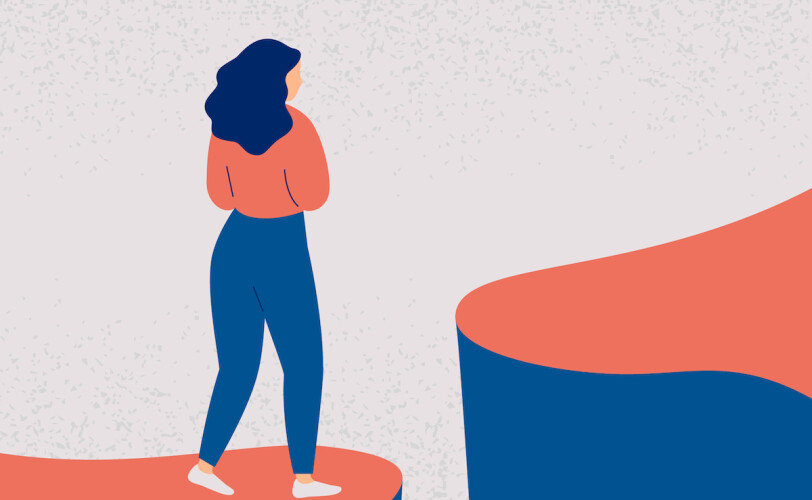Learn common phobias and how to identify if you have one
Let me be clear about one thing, if you have a phobia and it is uncommon your response to the thing you fear is just as strong and disabling as if your phobia is common! If we searched hard enough, I am sure we could find someone that fears whatever item or living thing we choose to pick up in that moment. My family think I’m a bit weird because I can’t go near foam (the sponge type) unless it’s wet. Urgh, just writing this is like nails down a blackboard for me. It isn’t a phobia, but it is certainly a revulsion.

A phobia is a noticeable fear or anxiety about a specific item or situation. You always feel fear or anxiety when presented with the item or situation and actively avoid it, if avoidance is not an option you endure it with intense fear or anxiety that is out of proportion to the actual risk and causes significant distress or impairs your life.
Common phobias
Agoraphobia
The only phobia mentioned specifically in the DSM-5 is agoraphobia. Whilst the common belief is that agoraphobia means a fear of leaving the house, it is more specific than this. The diagnostic criteria for agoraphobia is a significant fear or anxiety about two or more of the following:
- using public transport
- being in open spaces
- being in enclosed spaces
- standing in line or being in a crowd
- being outside of the home alone
How can hypnotherapy help?
Hypnotherapy is the use of hypnosis in conjunction with a therapeutic modality. Your hypnotherapist will know the best way to help you. If there is an obvious reason for your agoraphobia – such as a previous experience – your hypnotherapist will help you process the previous experience so you have the power to move forward.
Cognitive therapy will help you think differently about the situations you fear, in conjunction with some mindfulness techniques you will have tools to help you minute by minute, moment by moment. For example, you might find that when you arrive at the shop you need ten minutes in your car using the techniques your therapist shows you. However, you will then find it manageable to step out of the car and into the shop. The more you practise the easier it will become until the thing you once feared becomes part of your everyday life.
Fear of Flying
So many people fear flying, yet few of us know the name for it – pteromerhanophobia is the completely unpronounceable name for a fear of flying! Previously I have worked with people whose fear was so extreme they would book flights but then walk away from the airport before checking in. Others know not to even book the flight but when it is easier to walk away from your family and leave them to take the annual family holiday alone, small children and all! We recognise it as a phobia rather than a fear. I have also worked with people that fly all round the world regularly but suddenly something happens, and a fear develops.
It often becomes apparent that the fear of flying relates to a lack of control, discomfort with the enclosed space, a fear of heights, a fear of having a panic attack on the plane, or something that is not really a fear of the flying itself, but something associated with it.
How can hypnotherapy help?
Hypnotherapy will help you explore what you fear specifically so that you can overcome the fear. You will also learn many tools to help yourself remain in a calm state when on an aeroplane, so you can negate the fear of your own anxiety. You will feel empowered to take control of yourself and your reactions so you can take a flight comfortably and even enjoy the service that comes with it.
Your phobia
Whatever your phobia; acrophobia, claustrophobia, entomophobia, trypanophobia, emetophobia, arachnophobia or something less known, a hypnotherapist will help you. Your hypnotherapist should help you explore the phobia so you both have a good awareness of the specifics, exactly what you fear and if there is an obvious reason for it.
Your hypnotherapist can help you uncover exactly how it makes you feel and help you manage or overcome those feelings. Some cognitive hypnotherapy will help you adapt the way you think about the item or situation you fear so that you have the strength to challenge, manage and move away from the thoughts that negatively affect you.

Find a hypnotherapist dealing with Phobias
All therapists are verified professionals



